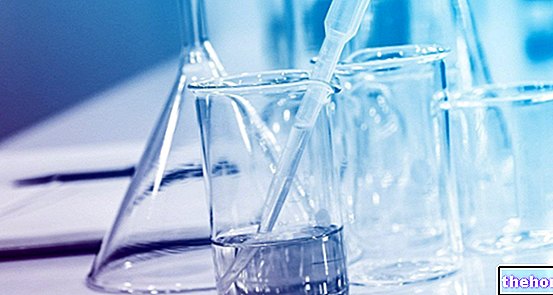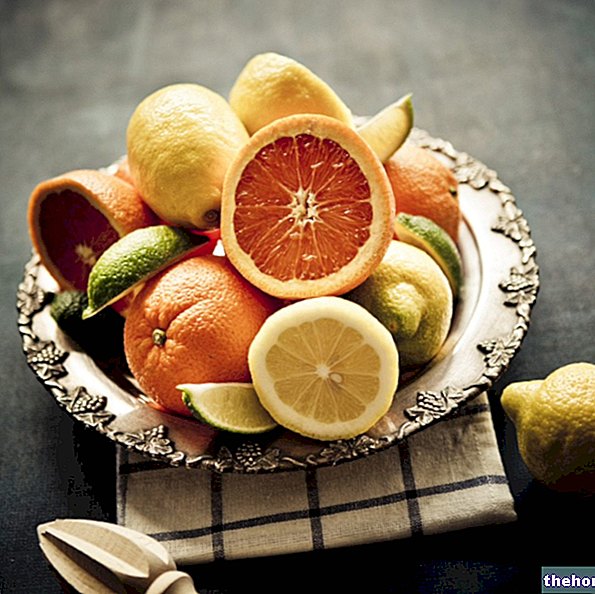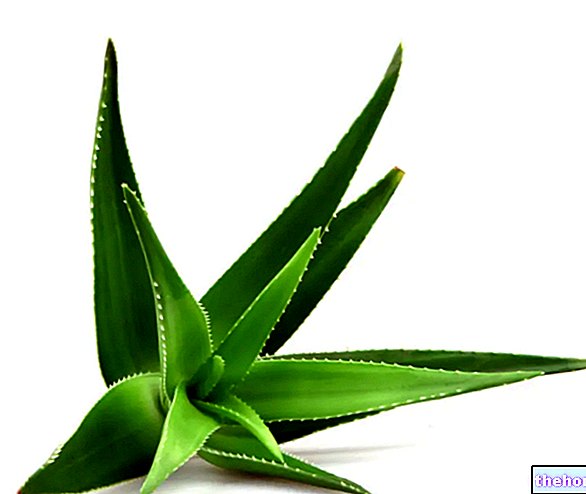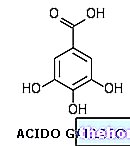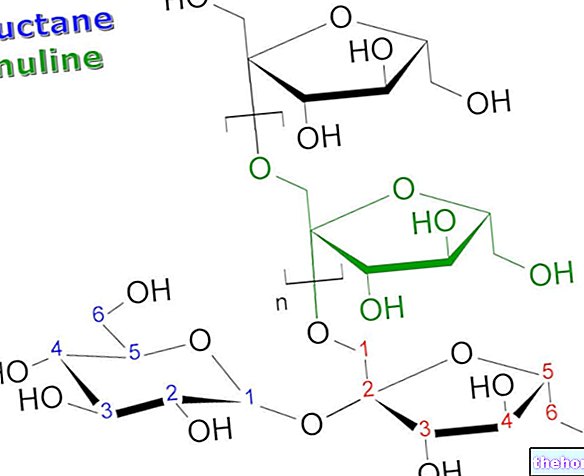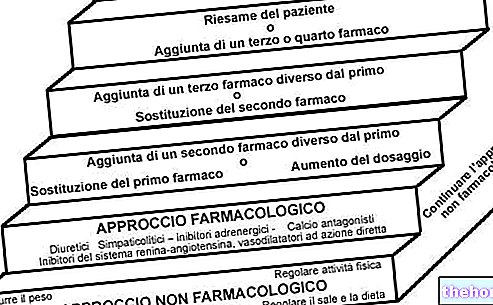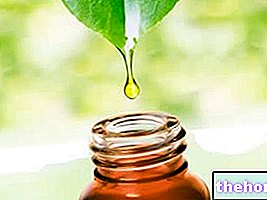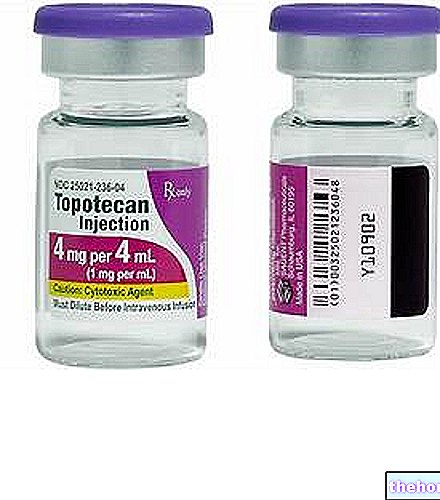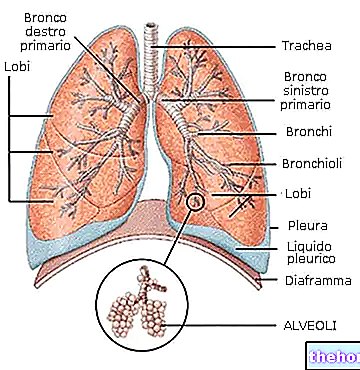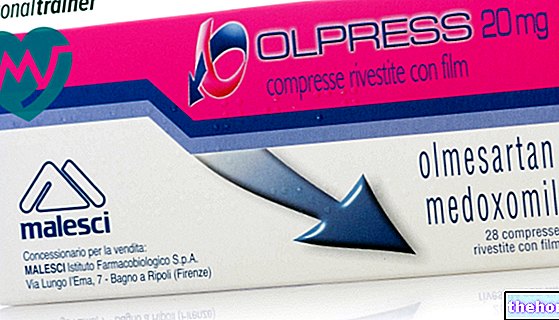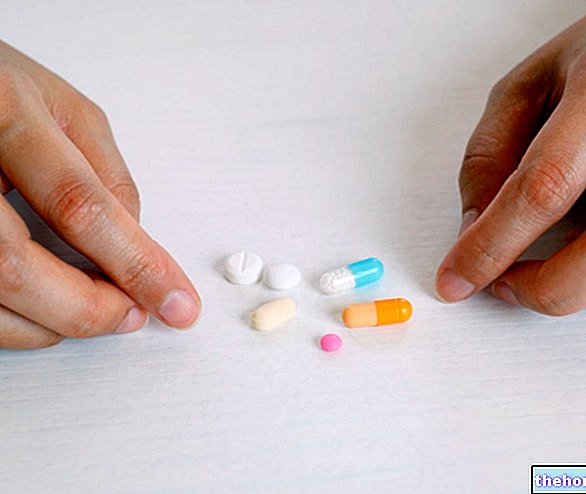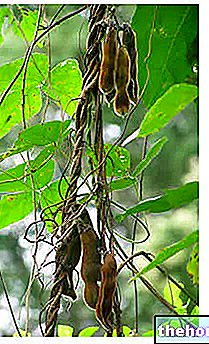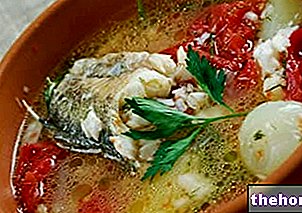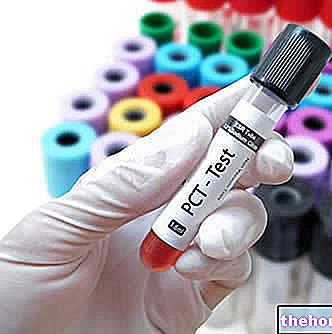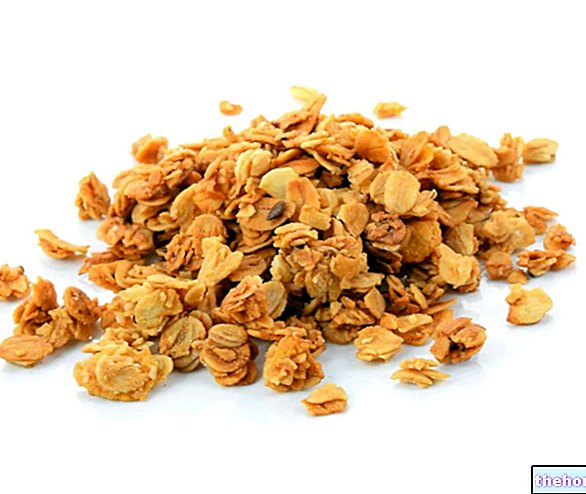For explantation, plant tissues in primary structure must be used; in order for them to reproduce easily it is important that they are young tissues and perhaps with hints of meristematic tissue. In other words, it is essential that these explanted tissues are vital.
For certain species there are biotechnological preferences in choosing the most suitable explant for the genesis of the plant in vitro; for example, taproot (root) is used for the biotechnological cultivation of carrots.
The type of explant used also influences the more or less stunted growth of the callus; a reasoned choice of the type of explant therefore allows a more effective biotechnological culture.
Creation of a closed system that allows the conditioned growth of the culture in vitro.
The cells of the explant have a specific tissue characterization, therefore they must be conditioned to lose this differentiation and to divide in an undifferentiated way. Hence the importance of adopting an adequate culture medium. The culture medium is basically a broth rich in nutritional elements, such as sucrose, simple and complex salts. The culture medium must direct the energy expenditure of the undifferentiated cells to the secondary metabolism pathway; to do this, in the laboratory the system is placed in the dark, preventing the plant cell from consuming its energy reserves to carry out photosynthesis; if photosynthesis occurs, this is often not sufficient to meet the energy needs of the in vitro culture.
Among the constituents of the soil we find indolacetic acid, one of the plant hormones responsible for the specific morphological and physiological development of a cell; small concentrations of these molecules determine large changes in the metabolism and morphogenesis of a cell or plant tissue. Therefore, the presence of plant hormones inside the culture broth plays a fundamental role in the loss of tissue characterization of the explant cells, so as to generate totipotent cells, which can be directed to the most productive metabolism. The constituents of the culture medium are the tools that the technologist can vary to obtain a specific biotechnological product.
Another characteristic of the culture medium is the acidic pH.
At the base of this branch of biotechnology there is plant physiology, that is the study of how a plant cell works; if well known, plant physiology gives the biotechnologist fundamental notions on the nutritional substances involved in cell metabolism. The choice of nutritional substances in the cell. soil is the result of many experiences and attempts on a qualitative basis. Experimental evidence has affirmed the real and essential needs of plant cells in vitro; however, the qualitative problem is also added to the quantitative one: the concentrations of the substances used are in fact just as important for a proper growth.
For different species, the same nutrients can be used, but at different concentrations, or different constituents. It is also possible that in vitro cultures of explants deriving from the same plant have different functional and biotechnological characteristics; depending on the type of explant used, the metabolites that can be obtained also change in relation to the different management of the culture medium. It is clear, however, that in order to manage a culture in the best possible way it is necessary to know in depth the metabolic pathways of the plant cell of the explant, so as to be able to switch them on or off by means of the nutrients introduced. An undifferentiated cell in vitro can also express itself in a way metabolically different than how it would express itself in a naturally grown tissue.
There are pre-packaged culture media, to facilitate the first steps of in vitro culture passage; these soils can be modified according to the type of explant, the species and the result we want to obtain. In order for the callus to become a productive element from the biotechnological point of view, it is necessary to transfer part of the cellular material into a stirred liquid medium. At this point it is necessary to evaluate how to proceed according to the purpose: agronomic improvement, biotransformation, biomass or production of active ingredients.
Other articles on "Biotechnology: choice of" explant and culture medium "
- Biotechnology
- Pharmacognosy
- Biotechnology: concept of biotransformation and biomass

